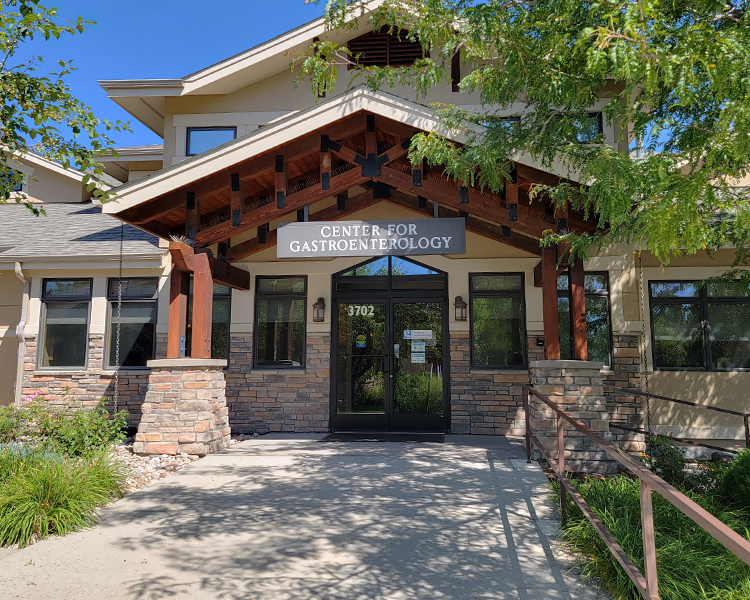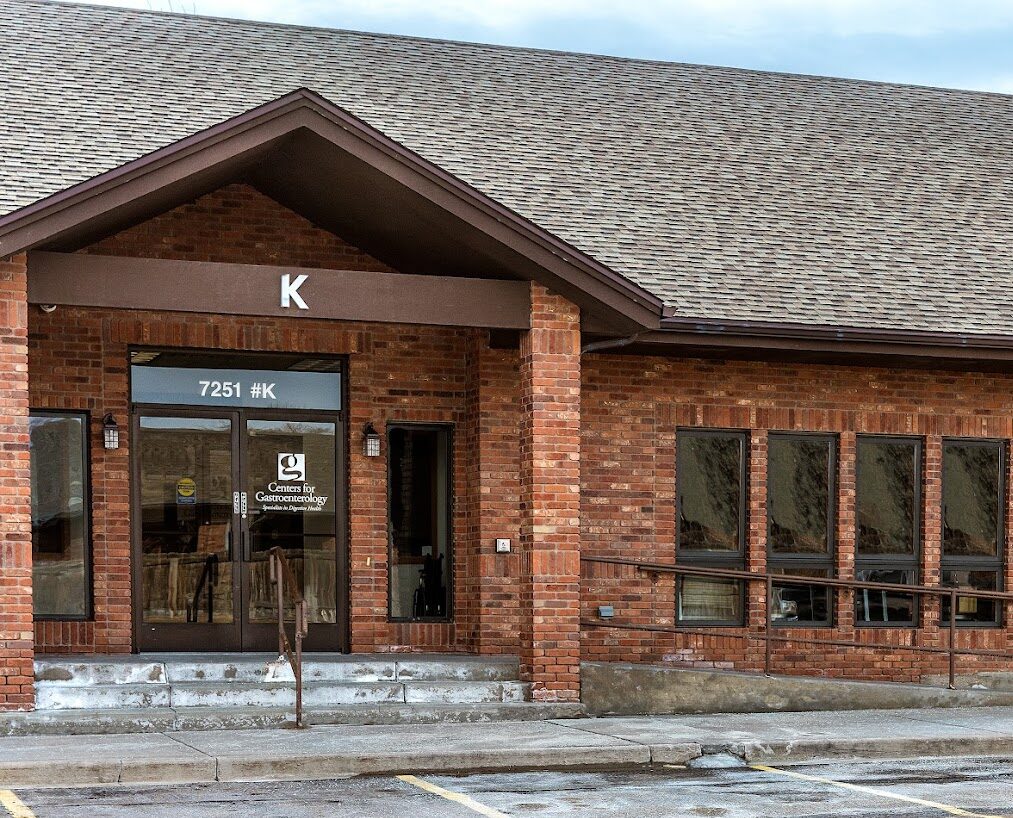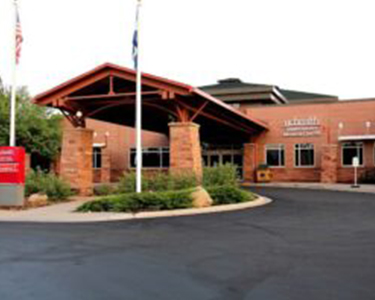If your doctor has recommended an ERCP procedure, you may have questions about what to expect. At Centers for Gastroenterology in Colorado, our experienced gastroenterologists are committed to guiding you through every step of this advanced diagnostic and therapeutic procedure. Here’s what you need to know about ERCP, from preparation to recovery.
What Is an ERCP Procedure?
ERCP, or Endoscopic Retrograde Cholangiopancreatography, is a specialized procedure used to examine and treat problems in the bile ducts, pancreas, and gallbladder. Using a flexible endoscope and contrast dye, your gastroenterologist can visualize these structures on X-ray images. ERCP is often used to diagnose and treat blockages, remove gallstones, place stents, or take tissue samples.
Why Is an ERCP Procedure Done?
Your doctor may recommend an ERCP procedure if you have symptoms such as jaundice, unexplained abdominal pain, or abnormal liver or pancreas test results. ERCP can help diagnose conditions like bile duct stones, strictures, tumors, or chronic pancreatitis. It also allows for immediate treatment during the same procedure, making it a valuable tool for both diagnosis and therapy.
How to Prepare for Your ERCP Procedure
- Fasting: You will need to avoid eating or drinking for 6-8 hours before the procedure to ensure your stomach is empty.
- Medication Adjustments: Inform your gastroenterologist about all medications you take, especially blood thinners, as you may need to stop them temporarily.
- Allergies and Medical History: Let your care team know if you have allergies to medications, iodine, or shellfish, or if you have any recent illnesses or medical conditions.
- Arrange Transportation: Because sedation is used, you will need someone to drive you home after your ERCP.
Your team at Centers for Gastroenterology in Colorado will provide detailed instructions tailored to your health needs.
What Happens During the ERCP Procedure?
The procedure is performed by a skilled gastroenterologist and usually takes 30–60 minutes. You will receive sedation to help you relax and minimize discomfort. After numbing your throat, the doctor gently guides a thin, flexible endoscope through your mouth, esophagus, and stomach into the upper part of your small intestine. A contrast dye is injected to highlight the bile and pancreatic ducts on X-ray images.
Depending on your condition, your gastroenterologist may:
- Remove gallstones or blockages
- Take tissue samples (biopsy)
- Place stents to keep ducts open
- Widen narrowed ducts with a balloon
Most patients experience little to no pain, though mild discomfort, bloating, or a sore throat may occur afterward.
Recovery After an ERCP Procedure
After your ERCP, you’ll be monitored in a recovery area for 1–2 hours until the effects of sedation wear off. You may feel drowsy, have a mild sore throat, or experience temporary bloating. Most people can go home the same day, but some may require overnight observation if a complex intervention was performed or if there are any concerns.
- Follow a clear liquid diet for several hours after the procedure, then gradually return to your normal diet as advised.
- Avoid driving, working, or strenuous activities for at least 24 hours after sedation.
- Follow your discharge instructions and call your doctor if you experience severe pain, fever, vomiting, or signs of infection.
Most patients return to normal activities the next day, but your gastroenterologist will provide specific guidance based on your procedure and overall health.
Trust Colorado’s ERCP Experts at Centers for Gastroenterology
At Centers for Gastroenterology, our board-certified gastroenterologists in Colorado are dedicated to delivering expert care and support at every stage of your digestive health journey. If you have questions about the ERCP procedure or need an evaluation, we’re here to help. Take control of your digestive health-contact Centers for Gastroenterology in Colorado today to schedule your consultation and learn more about the ERCP procedure.






